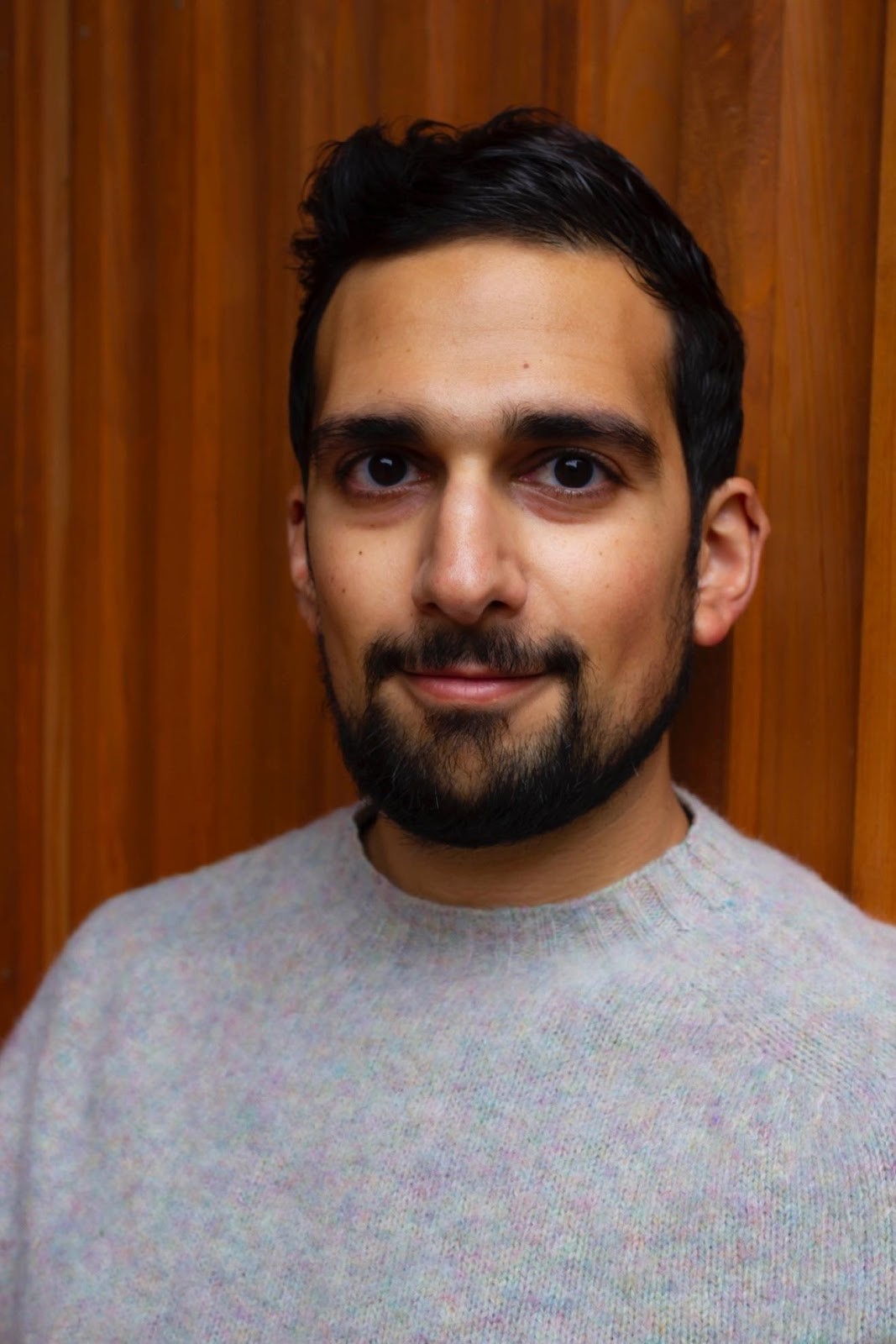
- This event has passed.
BE Seminar: “Self-Assembling Nanotechnologies for Precision Biomaterials” (Santiago Correa, Stanford)
January 17, 2022 at 12:00 PM - 1:00 PM
Self-assembled materials with defined nanoscale architectures can engage with biological systems in fundamentally new ways, providing unprecedented biomedical opportunities. In particular, the ability to more precisely control both the location and timing of drug release makes these biomaterials especially useful for delivering potent or sensitive cargo, which has major implications for cancer therapy and immuno-engineering. Whether it is drug delivery, gene therapy, or tissue regeneration, these materials are pushing the boundaries for engineering our own biology.
In this seminar, I will discuss how self-assembled biomaterials are used to manipulate the tumor microenvironment to achieve gene silencing, non-invasive tumor detection, and localized immunostimulation in vivo. By leveraging non-covalent interactions to build composite nanomaterials, we constructed multi-functional biomaterials capable of dynamic stimuli-responsive behaviors. I will detail the development of nanoparticle coatings that target ovarian tumors and preferentially traffic to specific subcellular compartments. These coatings enabled the development of both theranostic and immunostimulatory nanomedicines that required specific subcellular trafficking to carry out their functions. I will also discuss the development of nanoparticle-based, supramolecular hydrogels, which provide injectable, clinically relevant strategies for localized cancer immunotherapy. Together, these applications demonstrate the ability for self-assembled biomaterials to accomplish complex goals in vivo and mediate highly specific biomedical functions.

Santiago Correa, Ph.D.
Postdoctoral Scholar, Materials Science and Engineering, Stanford University
Santiago Correa is currently a Ruth L. Kirschstein F32 Postdoctoral Fellow in the Materials Science and Engineering Department at Stanford University, where he works on immunomodulatory biomaterials in the Appel Lab. Santiago is primarily interested in developing nanotechnology for both macro- and nanoscale drug delivery vehicles. Prior to his postdoctoral work, Santiago received his PhD in Biological Engineering from MIT, where he investigated how nanoparticle surface chemistry could be engineered to target ovarian cancer and to fabricate multifunctional nanomaterials in the Hammond Lab. Santiago obtained his BS in Biomedical Engineering from Yale University, where he conducted research on the foreign body response to brain implants in the Kyriakides Lab.
